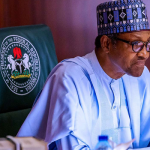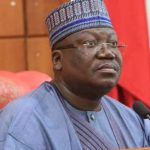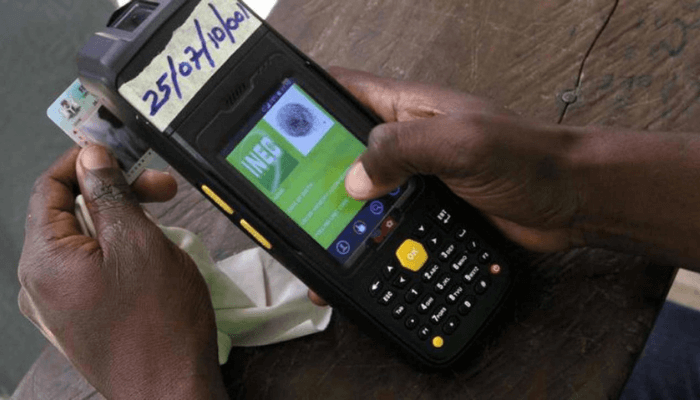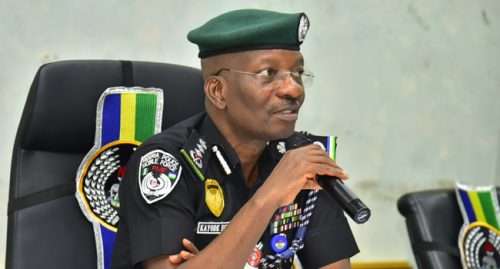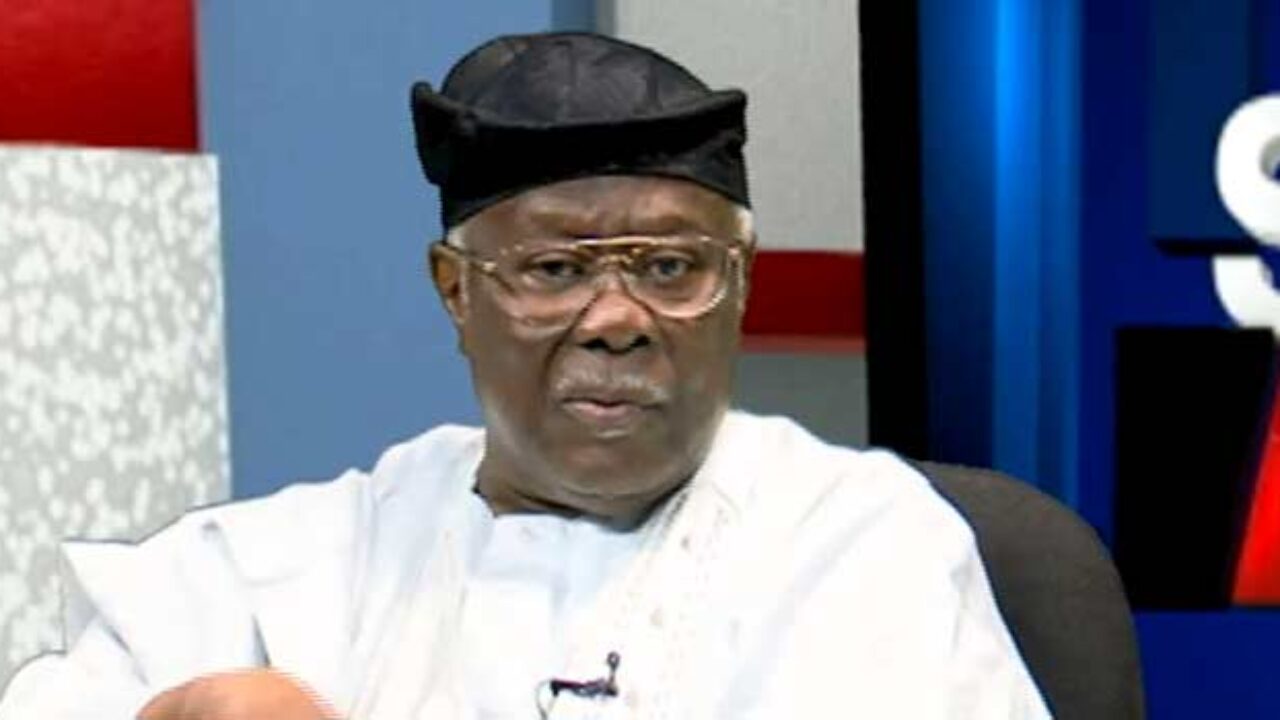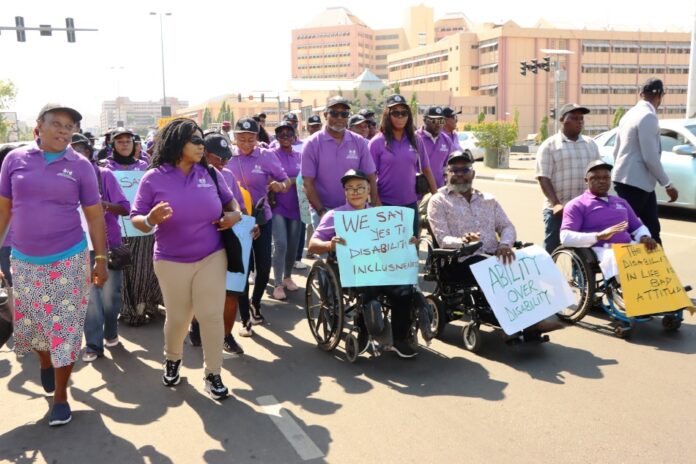FG unfolds vaccines, fuel subsidy strategies, others
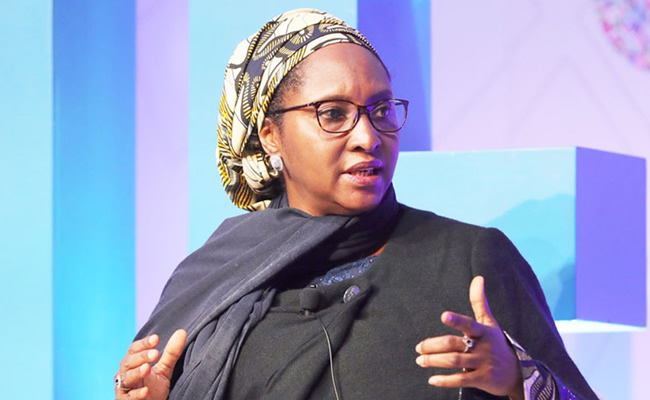
…Generated N3.94 trillion revenue in 2020
…Rules out subsidy regime despite surge in crude oil demand
Philip Clement, Abuja
The minister of finance, budget and national planning, Mrs. Ahmed, says the federal government is working on the type and quantity of COVID-19 vaccines to procure.
She disclosed this at a virtual public presentation of the 2021 budget, where she said the finance and health ministries would deliberate and finalize on an amount to be allocated to vaccine procurement within the next two weeks.
“We agreed that the effort needed to be done so that we have clarity as to whether the provisions to the budget will be adequate or we have to make additional provisions by way of a special supplementary budget to make more provisions for COVID-19 vaccinations,” she said.
Ahmed reiterate the commitment of lawmakers to providing a supplementary budget for additional spending on COVID-19 vaccines if needed.
On his part, Ben Akabueze, budget office director-general, said Nigeria was expecting donations of COVID-19 vaccines that will cover 20% of its population and then acquire additional 50% of its requirement to achieve herd immunity.
Recently, the Executive Secretary of the National Primary Health Care Development Agency, Faisal Shuaib, had hinted that Nigeria was set to purchase 100,000 doses of Covid-19 vaccine which is expected to be available by the end of January 2021.
He said the 100,000 doses would be the first batch while government plans to purchase more vaccines.
However, many experts and Nigerians criticized the decision of the federal government saying the number is too meager compared to the over 200 million population of the country.
As it stands, Nigeria has 101,331 confirmed coronavirus cases; 80,491 discharged patients and 1,361 deaths.
READ ALSO: FG generates N3.94 trillion revenue in 2020
Meanwhile, the sum of N3.94 trillion was Federal Government aggregate revenue for the fiscal year 2020.
She said the N3.94trn generated during the period represents about 73 per cent of the target for the 2020 fiscal period.
The minister said while oil revenue outperformed its target, the non-oil revenue performance was not too impressive.
Giving a breakdown of the revenue performance, she said that the Federal Government earned N1.52trn from oil revenue representing an over performance of 157 per cent, while non oil tax revenue was N1.28trn which is about 79 per cent of target.
She said Companies Income Tax and Value Added Tax collections were N673.22bn and N192.66bn, representing 82 per cent and 68 per cent respectively of the pro-rata revised targets for the period.
Ahmed put the Customs revenue at N410.21bn which is about 79 per cent of revenue performance, adding that other revenues also contributed N993.73bn to revenue generation.
The minister blamed the revenue underperformance on the negative impact of the coronavirus pandemic, adding that Customs revenue was affected by trade slow down caused by Covid-19.
Also, the Federal Government during the presentation ruled out the possibility of reintroducing fuel subsidy payment about a year after the policy was stopped.
There had been speculations that the Federal Government is considering bringing back fuel subsidy to cushion the impact of high oil price.
The sustained increase in global crude oil prices had pushed up the landing cost of imported petrol closer to the current pump prices of the product in Nigeria, and appears to have triggered a return to petrol subsidy era.
Since November 13, 2020 when the pump prices of Premium Motor Spirit (petrol) were last increased in the country, the price of the international oil benchmark, Brent crude, has been on an upward trajectory, rising from $41.51 per barrel to close at $51.22 per barrel on December 31.
Fuel marketers had in December expected another upward adjustment of PMS prices to reflect the further rise in crude oil prices.
However, a N5 reduction in petrol price, effective December 14, was announced by the Federal Government – a development that left them reeling in shock and questioning the deregulation of petrol price.
The Federal Government removed petrol subsidy in March 2020 after reducing the pump price of the product to N125 per litre from N145 on the back of the sharp drop in crude oil prices. The price reduction lasted till June.
Nigerians saw increases in the pump prices of petrol in four months, rising from N121.50–N123.50 per litre in June to N140.80-N143.80 in July, N148-N150 in August, N158-N162 in September and N163-N170 in November.
Private oil marketing companies have continued to lament that their inability to access foreign exchange at the official rates has hampered efforts to resume petrol importation.
If the pump price of petrol is left unchanged amid the rise in oil prices, it means the NNPC would again bear the latest subsidy cost on behalf of the government as it did for several years before its removal last year.
But when asked if the Federal Government is considering the introduction of fuel subsidy to cushion the negative impact of fuel price increase, the Finance Minister said there is currently no plan for such.
She said that in the 2021 budget, there is no provision for fuel subsidy by the government.
She said, “We are not bringing back fuel subsidy. There is no provision for fuel subsidy in the 2021 budget. The recent adjustment by the government in the oil industry does not in any way suggests that fuel subsidy is going to be reintroduced.”
The event, was attended by key government officials such as the Minister of State for Petroleum Resources Timipre Sylva; Director General of the Budget Office of the Federation Ben Akabueze and the DG of the Debt Management Office.
Also in attendance were top officials from the private sector and Civil Societies Organisations in the country.


